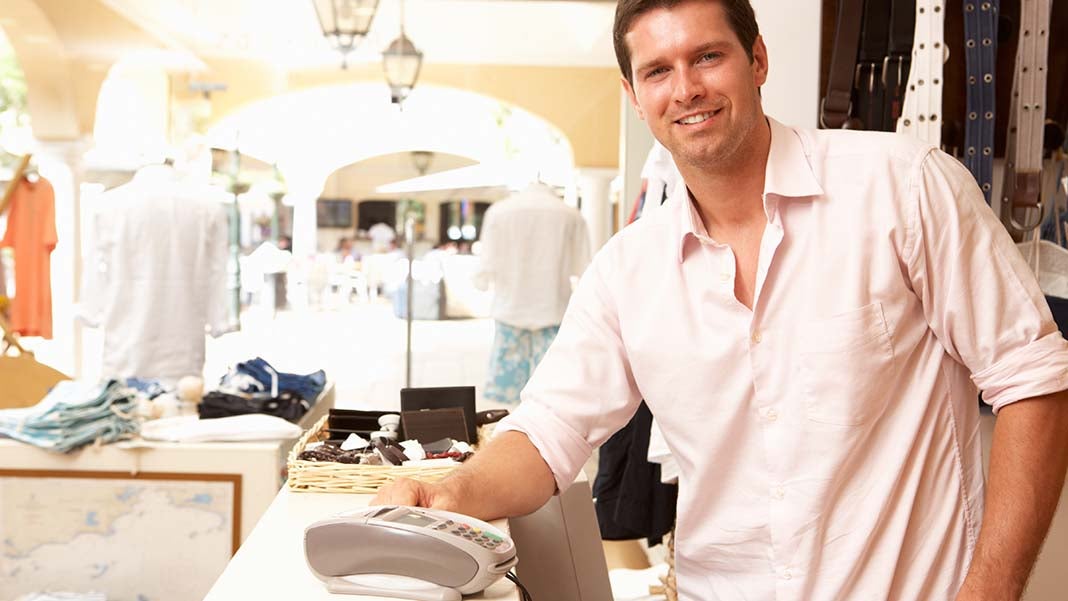Does Your Small Business Fit One of My Stereotypes?
By: Susan Solovic

I was thinking about all the different types of small businesses where I’ve been through my life and began to wonder if I could categorize them – even stereotype them.
It has a lot to do with ownership, the kind of business, the management style, the community, and probably several more factors I haven’t even thought of yet. I wanted to capture these ideas, so I started to write them down. Here’s what I have so far; maybe you can add some.
Mom and pop. This was the first small business stereotype that came to mind. I’m not sure that there are as many of these around as there used to be. It takes a special couple to be able to work together day in and day out for years on end. It can also make for a very special place to do business.
Family owned and operated. A step up in size from the mom and pop small business is the family business. It’s interesting that many family owned and operated businesses will use that label to promote their companies. These can range in size from a small operation where virtually every employee is a member of the immediate or extended family, to the larger operation where the family makes up the management team.
Owner operator. I was going to label this the Lone Wolf, but that might have some negative connotations. Today, an owner operator small business could be one person roaming the community in a mobile locksmith truck or one person at a computer running a dozen online e-commerce sites. With the Internet, a single “lone wolf” can have a very large commercial reach.
Entrepreneurially ambitious. Some serial entrepreneurs plant small businesses with the hopes that they’ll take off and become attractive to buyers or perhaps they see tremendous growth potential themselves and hope to lead the business to bigger and better things.
Local institutions. Almost any of the above categories can, over time, become a local institution. You could probably name a handful of local institutions in your community. They are more often retail than B2B – although in some industry sectors you might find B2B businesses that are local institutions. It’s interesting to think that a family owned and operated business can become a local institution and in the process tremendously boost its value if the owners ever choose to sell.
Technophobes. Some small businesses refuse to adopt the latest and greatest technology. It can hinder a business, but in some cases it can add to the charm of a local business. When a local institution sticks with the systems that have given it its success over the years, it can be a winning combination. Customers feel at home and know what to expect.
Technophiles. On the other hand, many small businesses live on the cutting edge of technology. This can give them a number of productivity advantages over their competitors and it can help owner operators accomplish much more than they could without the technology. The downside for Technophiles is that they can adopt technologies too early and end up paying higher prices for their hardware and software. They can also adopt technological solutions that are soon superseded by better systems.
Can you think of some other stereotypes? The valuable part of this exercise is that each of these exhibits some wonderful business qualities. If you can adopt productivity enhancing technologies while maintaining the comfortable feel of your traditional business atmosphere, that is a winning combination. And, there’s no reason a local institution can’t grow to global proportions. I’m sure that Sam Walton’s original Walton’s 5&10 in Bentonville, Arkansas was a local institution before it grew into a commercial superpower.
If you’ve encountered other small business stereotypes, share them with us in the comments!












